In his State of the Nation Address 2022, President Ramaphosa pronounced on measures that government will take to curb the impact of metal theft on the country’s critical infrastructure for electricity, passenger and freight rail, and other vital services. The President’s address was a prelude to the Draft Policy which proposes to establish a new Metal Trade Regime.
The first of a three-phased approach of the Metal Trade Regime will impose – through the promulgation of a directive and notices – a six-month ban on the cross-border export of scrap metal, the development of a permit system for both the export of metal products, and the import of furnaces and other scrap metal transformation machines.
Additionally, the Draft Policy proposes binding the scrap metal sector to restrictive measures, including stricter permit, registration and reporting requirements, a ban on cash sales when trading in scrap or semi-finished metal products, and limiting the number of ports through which metal products may be exported.
Minister Patel holds the requisite ministerial power to publish directives and notices in terms of the Trade Administration Act. It stands to reason then that since the DTIC was tasked with leading the fight against the illicit trade of scrap metal, the grit of the initial restrictive measures would be placed on the related import and export activities. The measures that Minister Patel is most readily positioned to implement on an expedited basis sit within his own functional areas, being trade exports and imports.
The DTIC asserts that the monetisation of the illicit trade of scrap metal and semi-finished metal products is deep-rooted in the export of these metals to foreign buyers. The incentivisation for criminals to pursue cable theft and vandalising the country’s infrastructure emanates from their ability to monetise their criminal activities as unregistered sellers parting with looted scrap metal to mostly unmonitored metal recyclers, who in turn export the transformed metal products. These activities occur with impunity either due to a lack of legislated consequences or constrained policing resources.
While there is merit to clamping down on exports, the heavy lifting of the Draft Policy to impose restrictions and punitive measures in the domestic economy sits with the Minister of Police, Bheki Cele. Minister Cele is empowered in terms of the Second-Hand Goods Act to effect changes that are significant for the implementation of the Metal Trade Regime with the force of punitive sanctions.
As part of the new Metal Trade Regime, the Minister Cele will be allocated responsibility to impose rigorous amended regulations for scrap metal dealers and to strengthen their reporting requirements. Successful registration as a scrap metal buyer or seller requires proof of satisfactory tax compliance and payment of an increased registration fee.
Full scale ban on scrap metal sales?
More severe measures have formed part of government’s rhetoric on dealing with the illicit trade in scrap metal. For instance, imposing a complete or temporary ban on trading in scrap metal not only through exports, but also within the domestic economy.
The Second-Hand Goods Act provides for the registration of scrap metal dealers and the registration of controlled metal recyclers. It does not however contemplate a temporary or full ban on the sale of such goods. An important consideration here is that Minister Cele, while collaborating efforts with the DTIC cannot be found to be simply rubber stamping the measures required by the President, other MPs and the DTIC, without applying his mind to the proper exercise of his powers in terms of the Act.
Where a full or temporary ban is not completed by the Second-Hand Goods Act, the DTIC may have to consider tabling newly drafted legislation for this particular purpose, alternatively advocating for the amendment of the Second-Hand Goods Act.
It is doubtful that any law will ever be passed to close off an economic activity impacting many livelihoods, without wide and concerted public participation. On the other hand, public participation processes may swing in favour of more severe punitive measures, based on the need to address the severity and extremity of the impact suffered from the illicit scrap metal trade, through economic losses, loss of human life and the pillaging of vital state assets and infrastructure.
Treasonous acts of economic sabotage?
In foreign jurisdictions, the most notable restrictions were imposed by Kenya, which included a complete ban on the trade of all scrap metals. This was only relaxed after the government created a new trading regime which includes a host of local restrictions and licensing requirements. The Kenyan President at the time called the theft and vandalism of Kenya’s key installations as “economic sabotage” and “treasonous”.
The treason label applies to high crimes which are not only committed during times of war or through serving an enemy country or seditious group. Instead, the key element is hostile intent. While the crippling of our country’s critical infrastructure through cable theft may lead some political leaders to use the term “treason”, this high crime can only be proven if the perpetrators of metal theft and its illicit trade know that their activities impair or endanger the existence, independence, or security of the South African government. The intention of committing the crime need not be proven as a direct or even as an indirect intention but could be proven as an acceptance by the perpetrator as the eventual emergence of the damage of his activities caused to the country’s economy (known in criminal law as dolus eventualis).
Treason is a common law crime and the veracity of elevating the crime of metal theft and the consequent illicit trading activities to treason remains to be tested by our courts.


